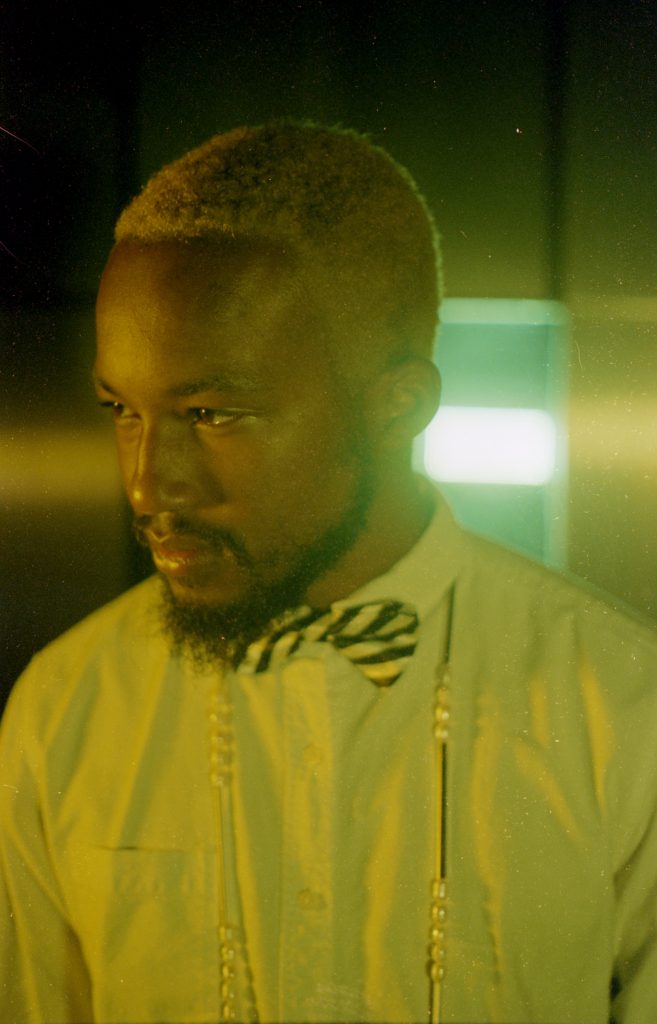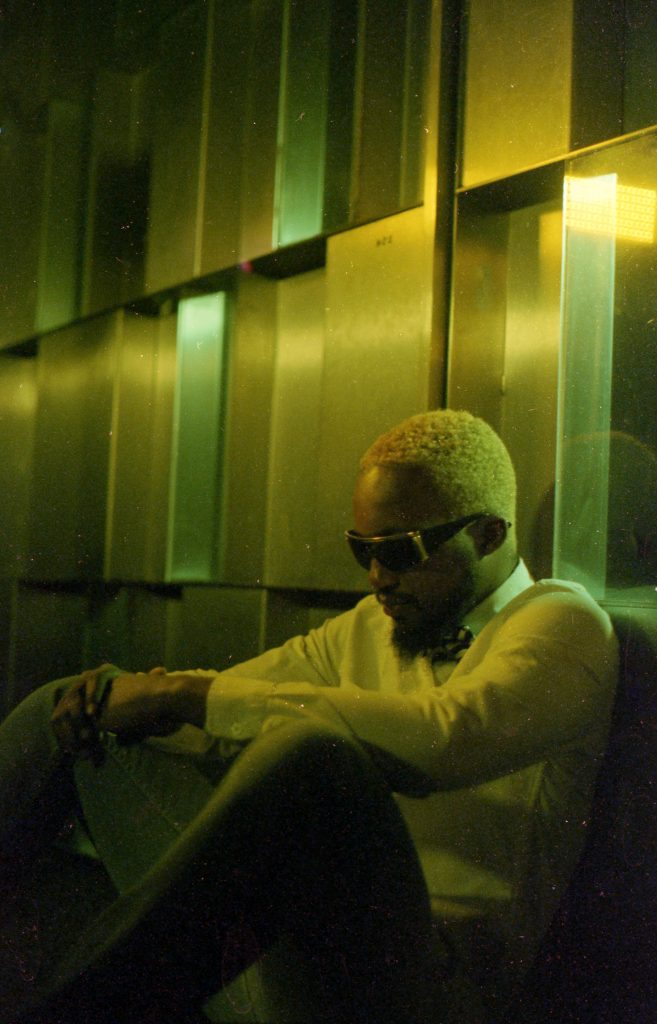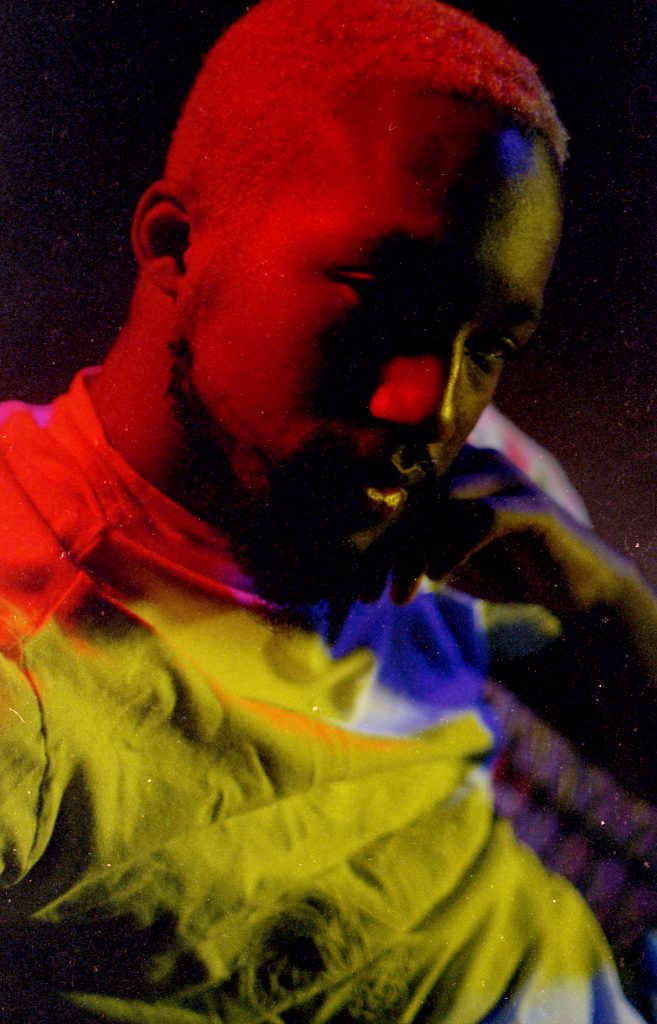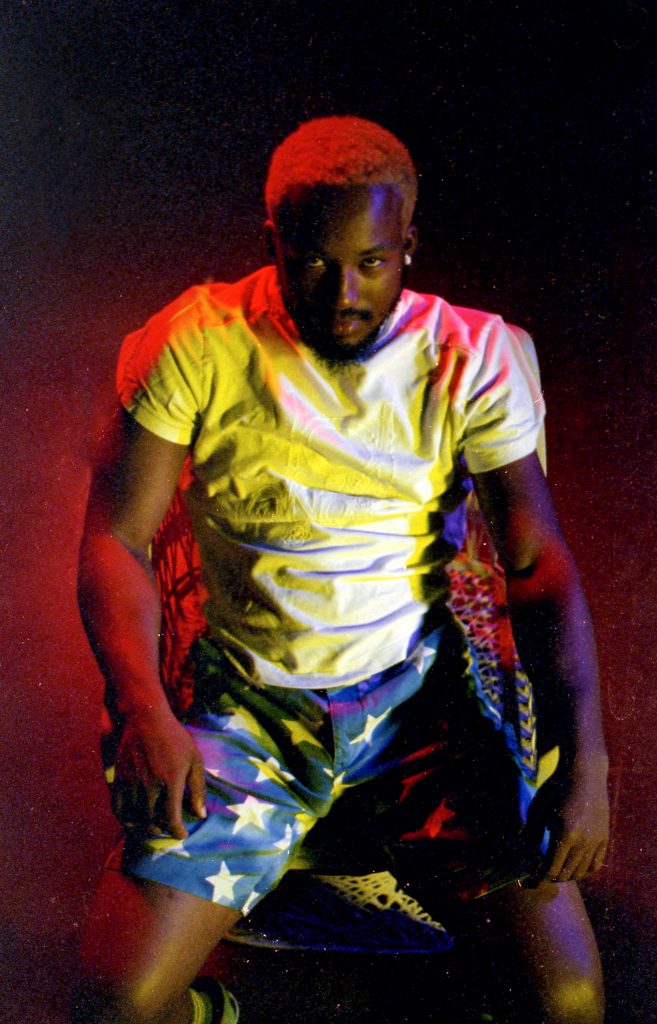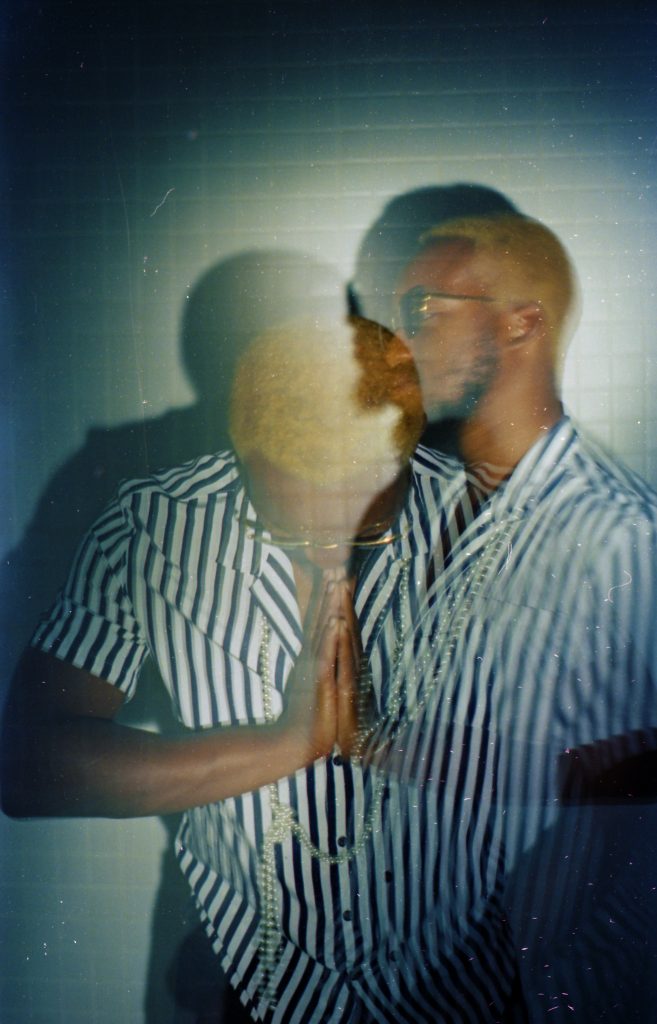LOS ANGELES, CA — Psolomon Williams could have been anything he wanted to be. A conversation with him quickly reveals knowledge that runs deep and wide. To say he knows everything might seem cocky or arrogant, but just listen: he sells it completely; a tantalizing cocktail of knowledge, humility, expertise and passion.
By the age of three, Williams sought to conquer the world. Originally interested in pursuing a degree in quantum physics, he made his academic mother very proud — the family brainiac was following in her footsteps. Over time, Williams’ search for the intricate, mysterious pieces of life’s unique puzzle intensified, ultimately forging him into an archetype of the multidimensional artist. His roles showcase an impressive sense of balance. He’s a scientist, yes, but also poet, songwriter, musician, arranger and rapper. His keen spirit has cultivated it all.
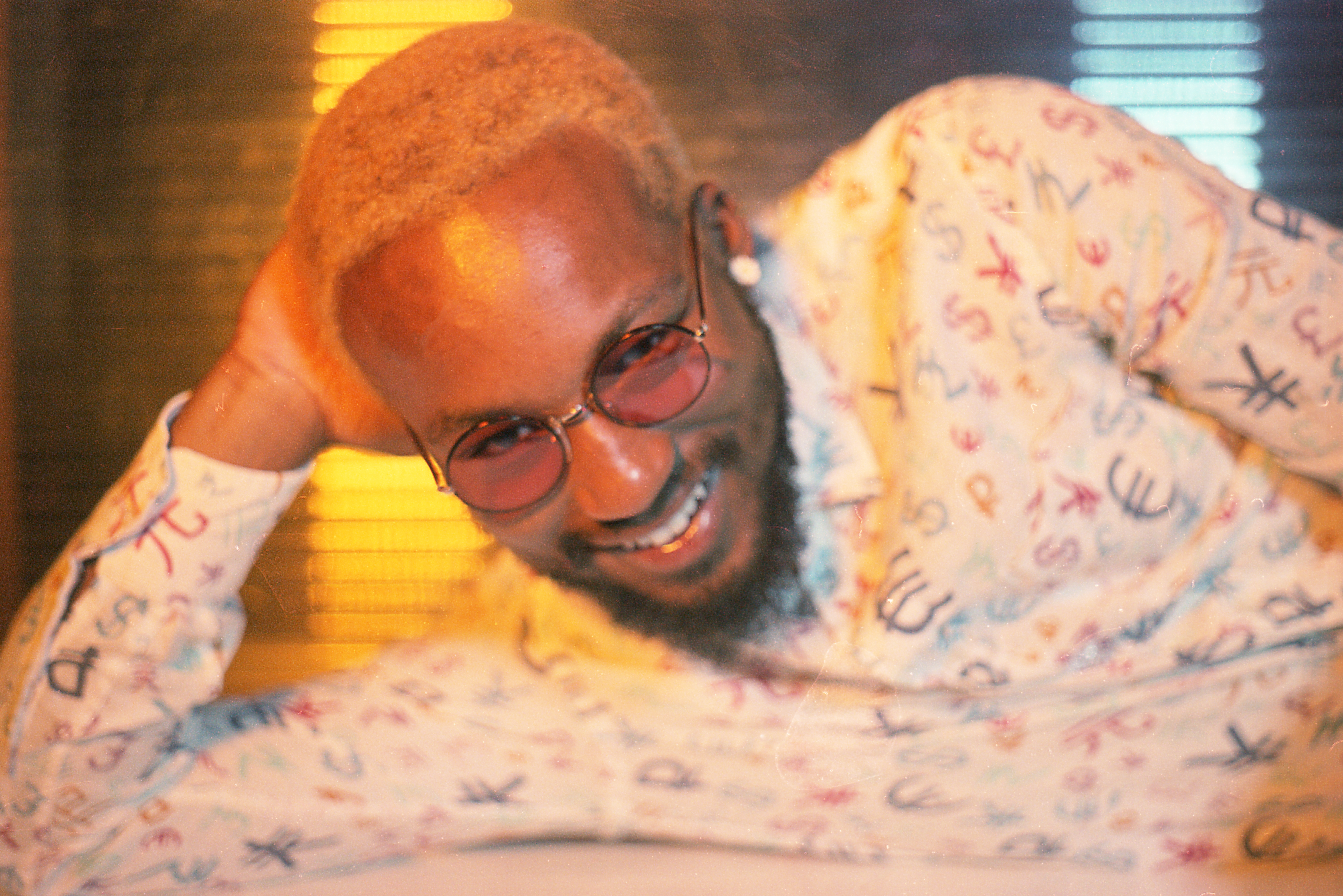
His work challenges and dissects fundamental theories about existence, and humanity’s place within it. To see him in his element is intoxicating — a brainiac hard at work creating the music scene’s next great psychedelic experience. He is a leader of trends, but also incorporates the best of what has already been done.
The world will soon witness Williams’ musical brainstorms in the form of his solo debut release, Vague. For this project, he recorded over fifty songs, then narrowed them down to twelve in an apt showcase of perfectionism. He is, after all, a Virgo.
On first listen, the funk influence of jazz great Roy Ayers, one of his heroes, jumps to mind. But listen again, and you’ll hear the bells and whistles of Williams’ mind. There are hints of hip-hop and death metal. His lyrics describe a myriad of concepts, ranging from the struggles of everyday existence to cutting-edge science innovations. Vague is a seminal work that challenges everything listeners thought they knew with unknown unknowns.
If asked how Vague came to be, Williams’ eyes light up. This is art in its purest form, emotion and experience. He will tell you how Vague captures his more intriguing theories regarding how humans fit into this world through both scientific and spiritual perspectives. In the hands of a lesser artist, such ideas would sound juvenile, like an eighth grader attempting to explain Sartre. But when Williams tackles such ideas, they sound poignant and authentic, like he couldn’t fake it if he tried. It’s an experience that leaves you immediately rooting for him to succeed.
Williams’ childhood was different from most. His mother taught him the ins and outs of scientific and mathematical theorems, and perhaps more importantly, she gave him the ability to consider new ideas with detached curiosity; while his father held influence over his work ethic. As Williams puts it, “I’ve never seen my father work for someone else.” There’s little doubt he inherited his father’s entrepreneurial spirit. Like many successful people, Williams is able to find agency and room for growth no matter where he is.
His parents’ encouragement inspires him to question, stand firm in his own solutions, and boil everything down to its quintessence. He challenges human thought and behavior, sometimes tenderly, sometimes not, but always without fear. He does not shy away from standing alone in his observations.
Nor does he shy away from themes like The Hereafter, God or even aliens — the vibes that he curates would leave any listener more awake and aware. To many people, such otherworldly ideas seem to run counter to his scientific penchant, but for Williams, who is the embodiment of modern skew, it’s all part of a whole. When discussing his childhood, he mentions how he often took his formal education with a grain of salt — he’s wont to give his intuition equal merit. He’s not a student of science or a student of spiritualism. He’s a student of life, in any form that might take.
With Vague, Williams is making his mark. He lives to repurpose, not repeat — no gimmicks, nothing superficial, only the raw, captivating musings of a man who balances the tenants of life with exceptional poise. The Evolution of Psolomon Williams is here, and we’re all better for having crossed his path.
— Written by Kevin Knighton
— Photography by Gina Canavan
— First published in [ Issue 1 ]
“The mind is a television built to watch itself.” — Psolomon Williams

